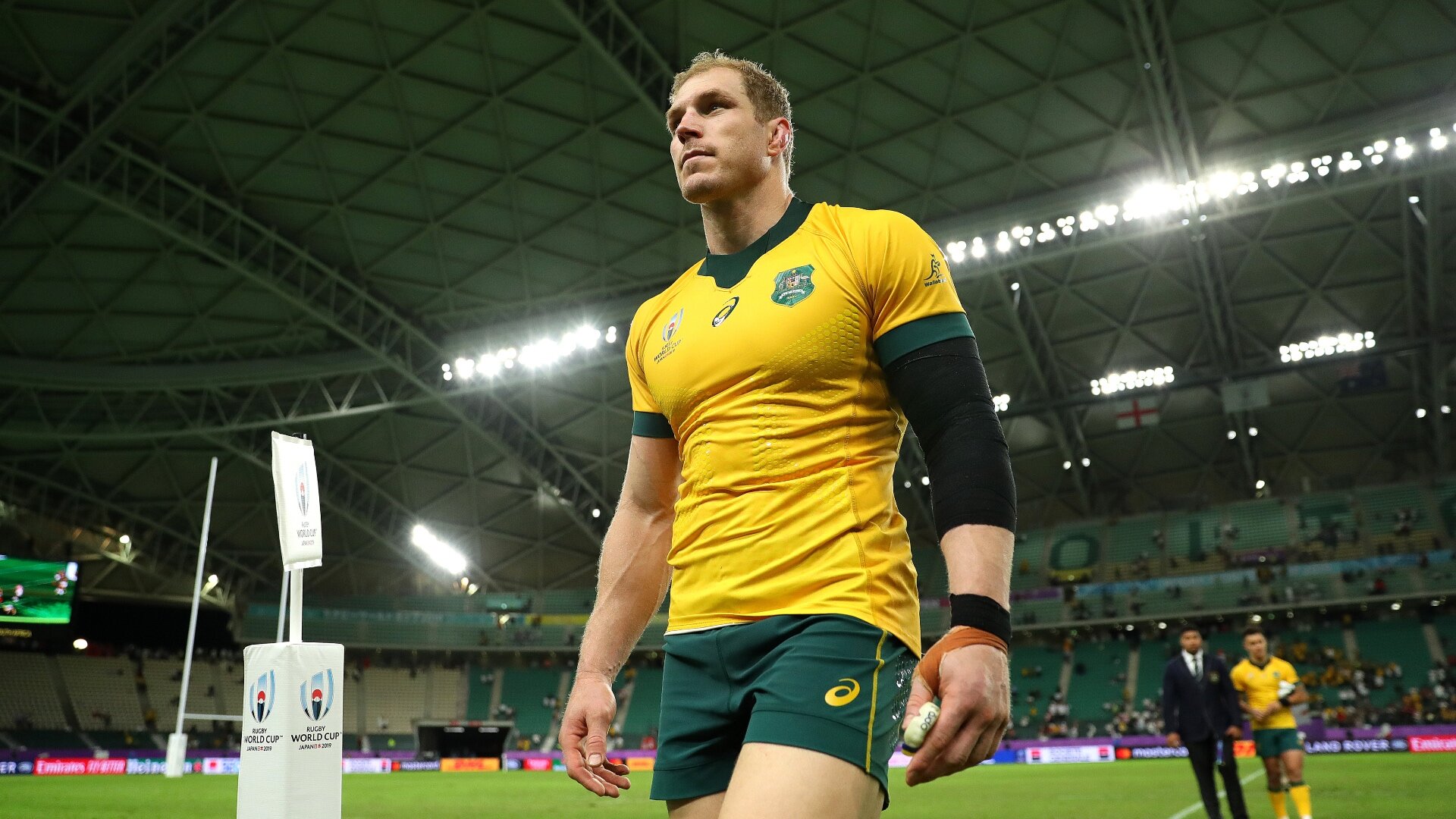'First phase' of Rugby Australia restructure to be announced this week

Rugby Australia will this week announce the first phase of a wholesale restructure after lodging their 2019 financial report that provisionally flagged a $9.4 million loss. Interim chief executive Rob Clarke has the job of re-shaping the embattled organisation in the midst of planning a domestic Super Rugby return in July and attempting to secure a broadcast deal beyond this year.
Clarke, who stepped in following the resignation of former CEO Raelene Castle in April, said signing off on the company’s 2019 financial accounts – on the afternoon of the deadline some two months after provisionally revealing the code’s troublesome state of affairs – was one box ticked.
“The audited and signed accounts have been submitted today, and our 2019 annual report will be published in the coming days,” Clarke said.
“This week we will also announce the first phase of an organisational restructure of the Rugby Australia business which we are in the final stages of completing.”
Rugby Australia stood down more than 100 staff to cope with the financial losses associated with the coronavirus pandemic, while Castle exited as criticism of the administration mounted.
The damage was estimated at $120 million if no further games were possible this season, a scenario that now looks unlikely with a Test series against New Zealand also in the pipeline for later this year.
Australia’s Super Rugby clubs have endured similar standdowns, while the country’s Olympic rugby sevens programs are expected to be decentralised as part of the restructure.
A five-team competition featuring the recalled Western Force, to be known as Super Rugby AU, is expected to kick-off on July 3. Rugby Australia are weighing up whether to implement any of World Rugby’s 10 optional temporary law amendments designed to help reduce the risk of COVID-19 transmission, in the competition.
World Rugby’s executive committee has approved the optional law trials which cover scrum, tackle, ruck and maul situations
The trials, underpinned by World Health Organisation guidance, were considered by a specialist Law Review Group consisting of coaches, players, match officials, medics and law specialists following the detailed analysis of 60 matches.
Unions can apply to implement one or more of the temporary law amendments as domestic trials in line with the world governing body’s return to play guidance.
The NRC would normally be the Australian competition used to trial changes.
But with the backlog of fixtures and delays caused by the coronavirus pandemic, it is unlikely to go a head this year.
RA will have more discussions about which, if any, of the World Rugby recommendations may be implemented for their Super Rugby tournament once the proposed competition is approved by their broadcast partner Fox Sports.
They would also need to get the approval of SANZAAR, the organisation which runs Super Rugby.
It is considered unlikely that SANZAAR would object to changes for a domestic tournament.

































































